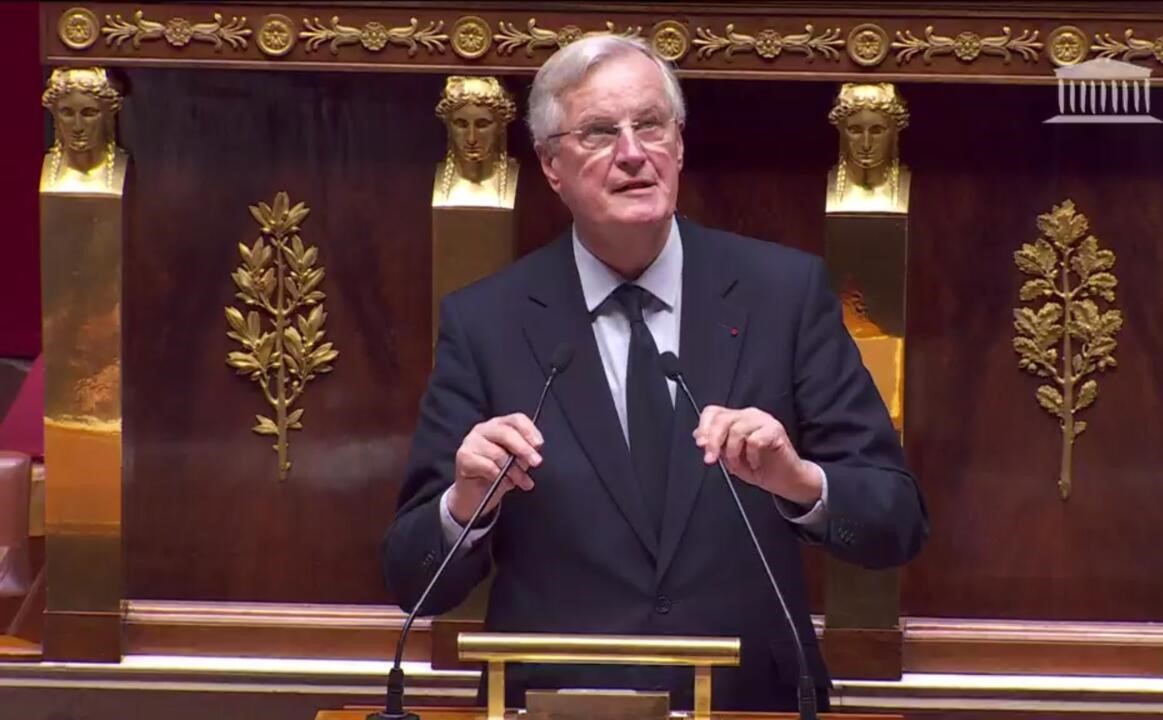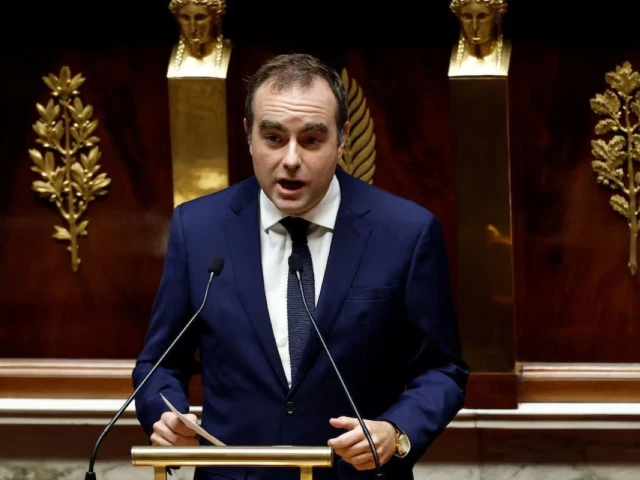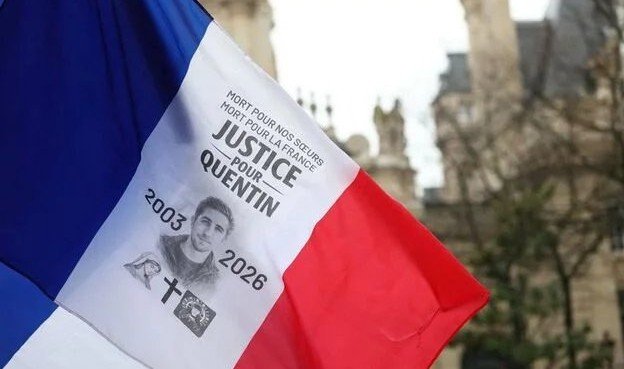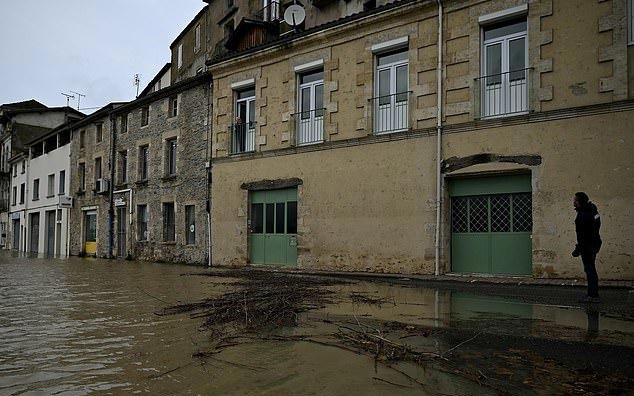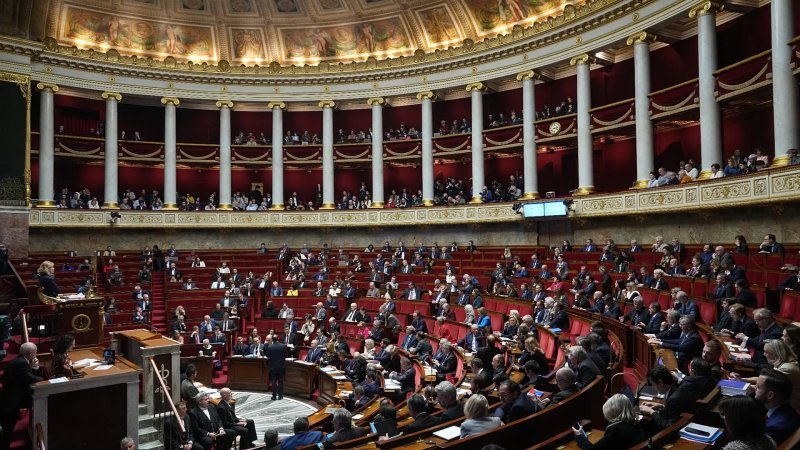Paris, December 3, 2024 – The Europe Today: French Prime Minister Michel Barnier is at risk of losing his position as early as this week as a hostile parliament prepares to vote on a no-confidence motion following his government’s contentious use of executive powers to pass a social security financing bill.
The conservative Barnier, who has led a minority government since September after a fragmented general election, is facing mounting opposition from both ends of the political spectrum. The leftist bloc, led by France Unbowed parliamentary group leader Mathilde Panot, has formally lodged a no-confidence motion, accusing the government of overreach and failing to address public concerns.
Marine Le Pen, leader of the far-right National Rally (RN) party, announced her party’s intention to file its own no-confidence motion while pledging to support similar efforts by other parties. “The French have had enough,” Le Pen said. “Maybe they thought with Michel Barnier things would get better, but they were even worse.”
With more than 140 deputies, the RN is the largest single party in the 577-seat National Assembly. If RN lawmakers align with the left to topple Barnier, the government is expected to collapse.
Executive Powers and Concessions
Barnier invoked Article 49.3 of the French Constitution to pass the social security financing bill without a parliamentary vote. The decision angered lawmakers across the political spectrum, particularly as the 2025 budget plan has drawn criticism for its handling of prescription drug reimbursements and electricity taxes.
In a bid to placate critics, Barnier’s office announced the withdrawal of a planned reduction in prescription drug reimbursements and scrapped a proposed electricity tax increase. However, these concessions have done little to quell dissatisfaction.
Historic Stakes
If Barnier’s government falls, it would mark the first successful no-confidence vote in France since 1962, when Georges Pompidou’s government was ousted under President Charles de Gaulle.
The no-confidence vote is expected as early as Wednesday. The outcome could have significant implications for France’s political stability, potentially triggering a government reshuffle or new elections.
As tensions rise, Barnier’s minority government faces an uphill battle to navigate the fractured political landscape and regain the trust of the National Assembly and the French public.
